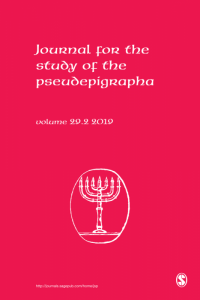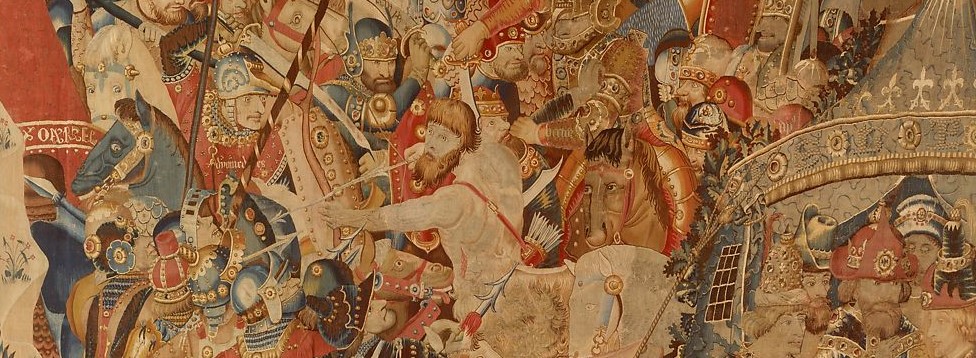My new article, “The Quest of the King in the Wisdom of Solomon,” was just published in the Journal for the Study of the Pseudepigrapha, Volume 31, issue 1. I presented an early version of this paper at the 2020 SBL Annual Meeting.
If you want to know what is all about, here is the abstract of the paper:
Historians largely agree that Hellenistic kingship was founded, not primarily on heredity, but on military achievement (MacDonald, 2015). The right to rule was thus militarily meritocratic, but philosophically unsteady, so kings felt the need to propagandize by commissioning writings peri basileias. Diogenes Laertius gives evidence that this type of kingship literature was widely produced in this era, though only fragments of these texts survive. The tracts attributed to Ecphantus, Diotogenes, and Sthenidas, along with the Letter of Aristeas, reveal that Hellenistic kingship was supported by a mythos that viewed obtaining kingship as a kind of moral achievement. The king’s virtues are emphasized as godlike and worthy of imitation by his subjects, as he embodies the law in his person. The Wisdom of Solomon reworks this kingship tradition by “democratizing” kingship (Newman, 2004) to all to call his readers to imitate Solomon’s choice of wisdom over folly. Solomon’s search for and embrace of wisdom (7:7; 8:2) takes the place of militaristic emphases and establishes a universalizable pattern for the moral quest of the individual. Wisdom domesticates a Hellenistic pattern of seeking wisdom and thus achieving kingly rule, which eventually allows one to be a benefactor of others. Wisdom is beneficent (7:23) and, rather than becoming a god, the wise Solomon benefits others with his wise and just rule (Wis 8:10–15; 9:12). Even the wise Israelites become benefactors to others (19:14). Thus, the quest of the king for wisdom follows a familiar outline of the journey of a king from obscurity, to conquest, to rule, to beneficence.
If you are interested in reading the whole thing, here is the permanent link to it: https://doi.org/10.1177/09518207211032890

